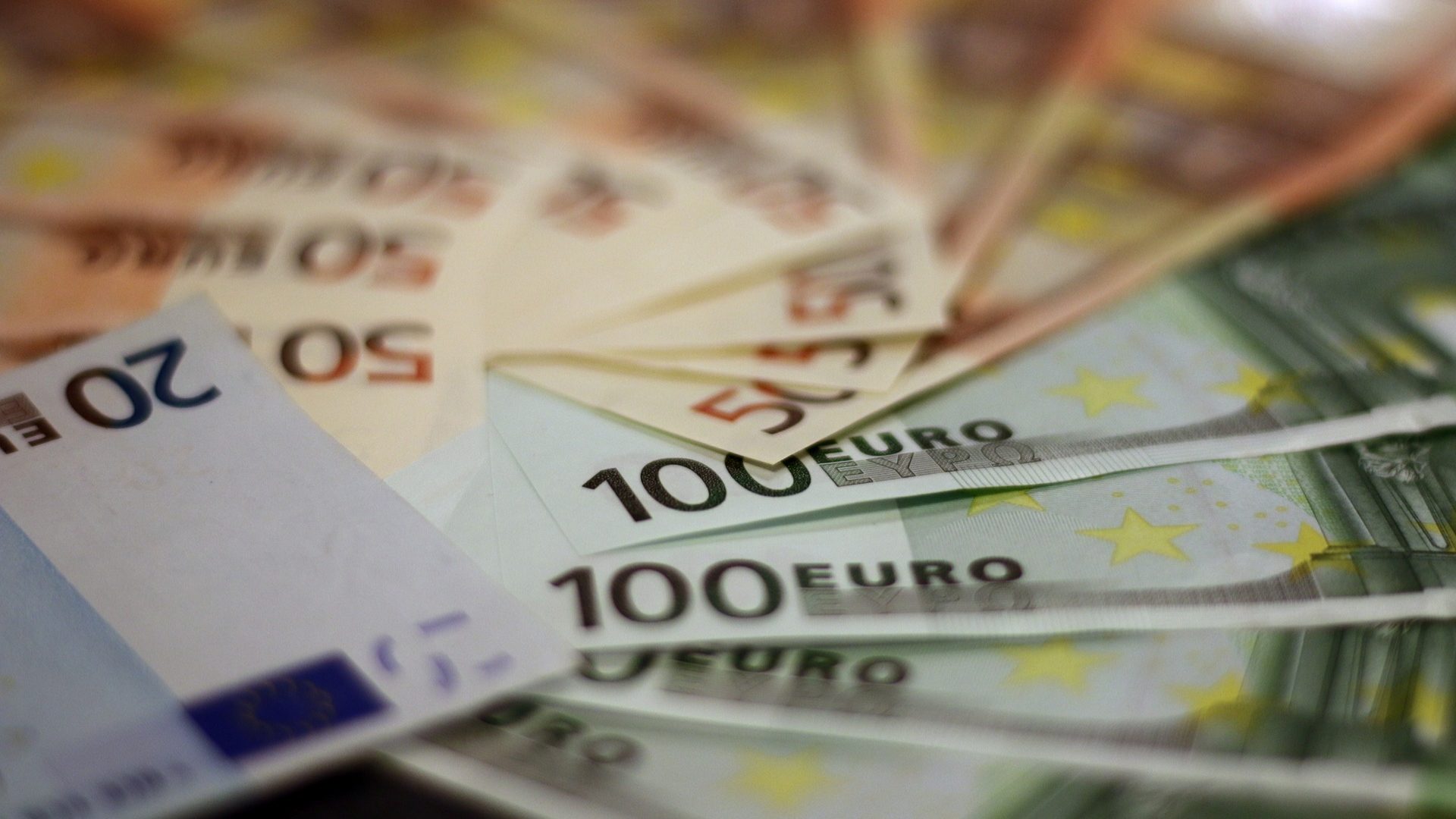European Commission cuts Portugal’s 2021 growth forecast
The European Commission released on Thursday the winter forecasts for the member states' economies. Portugal will grow less than expected in 2021.
With the worsening of the Covid-19 pandemic and the lack of vaccine production, the European Commission has revised downwards the recovery of the Portuguese economy for this year. Instead of the 5.4% GDP growth projected in November, Portugal will grow only by 4.1%.
The European Commission has released its winter economic forecasts on Thursday, at a time when the pandemic is significantly conditioning economic activity in the European Union. In the document, experts assume that the short-term prospects for the European economy “looks weaker than expected last autumn, as the pandemic has tightened its grip on the continent.” However, “light has now appeared at the end of the tunnel” as “vaccination campaigns gain momentum and the pressure on health systems to subside, containment measures are set to relax gradually.”
In Portugal, the deterioration in GDP forecasts at the beginning of 2021 puts the country, among the member states, with the largest fall in GDP in the first quarter (-2.1%) because of the new lockdown. According to the European Commission, the start of the year will be one to forget, but recovery will begin in the second quarter and a “major rebound” is expected in the summer months. Experts are counting on a strong recovery in tourism, mainly in intra-EU travel, but warn that the sector’s activity will remain below the pre-crisis level, at least until the end of 2022.
Therefore, the Portuguese economy should grow by 4.1% in 2021, which is below the 5.4% expected by the government in October. It should also be taken into account that the recession (-7.6%) was smaller in 2020 than expected, which influences the basis on which the percentage change in the following year is calculated.
The European countries with the biggest falls in 2020 are now experiencing the strongest recoveries in percentage, but this does not mean that GDP will get closer to the pre-crisis level. This is the case of Portugal – the fifth fastest growing country in the Eurozone in 2021 – where the European Commission expects that level to be reached only at the end of 2022.
And even the prospect of reaching the end of 2022 with the Portuguese economy recovered is not immune to setbacks: The “risks remain significant due to the country’s large dependence on foreign tourism, which continues to face uncertainties related to the evolution of the pandemic.”
The European Commission expects that the increase in consumer demand and the improvement in business confidence will promote economic recovery. “Private consumption is also expected to benefit from a relatively resilient labour market, where the drop in employment compared favourably with that of output and government social transfers provide further support to incomes,” the EU points out.
In the Eurozone, GDP will grow by 3.8% in both 2021 and 2022, compared to 4.2% and 3%, respectively, forecast last November. In the European Union as a whole, GDP will grow by 3.7% in 2021 and 3.9% in 2022, compared to 4.1% and 3%, respectively, forecast in November. As in Portugal, the expectation is that the pace of recovery will be slower this year, but higher in 2022 (compared to what was previously expected).


